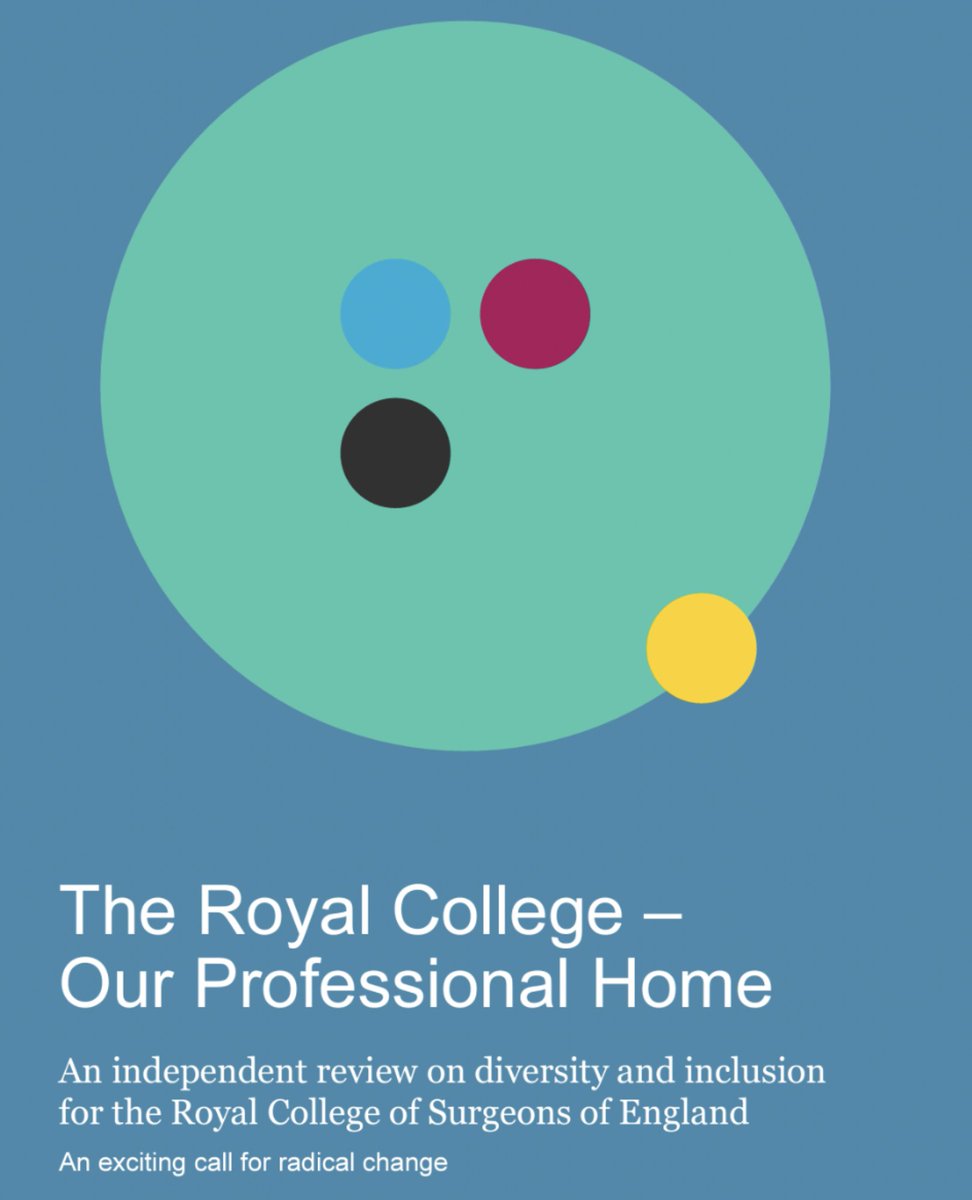
Surgeons are more likely to experience infertility, pregnancy loss, non-elective caesarean delivery, and postpartum depression than non-medics. But why is this, and what can we do? 🧵
#ILookLikeASurgeon
#ILookLikeASurgeon
One aspect is that the average age at planned conception for women doctors is 30 years, 7 years later than the general population. The most commonly cited reasons for delaying pregnancy are career, relationship, and financial situation.
deepblue.lib.umich.edu/handle/2027.42…
deepblue.lib.umich.edu/handle/2027.42…
A third of women doctors experiencing infertility said they would, in retrospect, have tried earlier in their careers. At the same time, women who were pregnant during medical school said they felt less supported than those who had completed medical training.
Then there's the work environment. A recent study found a higher rate of pregnancy complications in surgeons compared to non-medics. There was a correlation between risk of complications and the intensity of workload in the third trimester.
jamanetwork.com/journals/jamas…
jamanetwork.com/journals/jamas…
Various papers have shown an increased risk of miscarriage when on rotas including 6 or more night shifts per month, and when exposed to volatile anaesthetic agents. Other hazards include chemicals, ionising radiation, infectious diseases, and heavy physical duties.
More support is needed for surgeons considering pregnancy. This includes workplace adjustments, avoidance of strenuous shift patterns, protection from hazards. It also includes greater support for antenatal care, parental leave, return to work, LTFT working, and infant feeding.
Workplaces have a statutory duty to perform a risk assessment for any employee who is pregnant, within 6 months postpartum, or breastfeeding. If a GP or midwife deems it necessary, pregnant staff can be allowed paid leave for health reasons.
hse.gov.uk/mothers/employ…
hse.gov.uk/mothers/employ…
Surgeons should be able to choose when they take leave during pregnancy and childbirth, and how and when they return to work. Not everyone will have the same needs, but the system should be flexible enough to support everyone's needs.
Thanks to @LiangRhea for sharing the RANZCOG document that details many considerations for pregnancy in the workplace: ranzcog.edu.au/news/guide-to-…
And there's this great paper by @rosieICM and colleagues that details medical workplace considerations for pregnancy as well as breastfeeding, menstruation, and menopause.
…-publications.onlinelibrary.wiley.com/doi/epdf/10.11…
…-publications.onlinelibrary.wiley.com/doi/epdf/10.11…
Finally, mentorship is important. If you're a surgeon considering having children, please reach out to your colleagues who have experience of pregnancy and having children whilst having a surgical career. They will surely be happy to support you 💙
• • •
Missing some Tweet in this thread? You can try to
force a refresh








